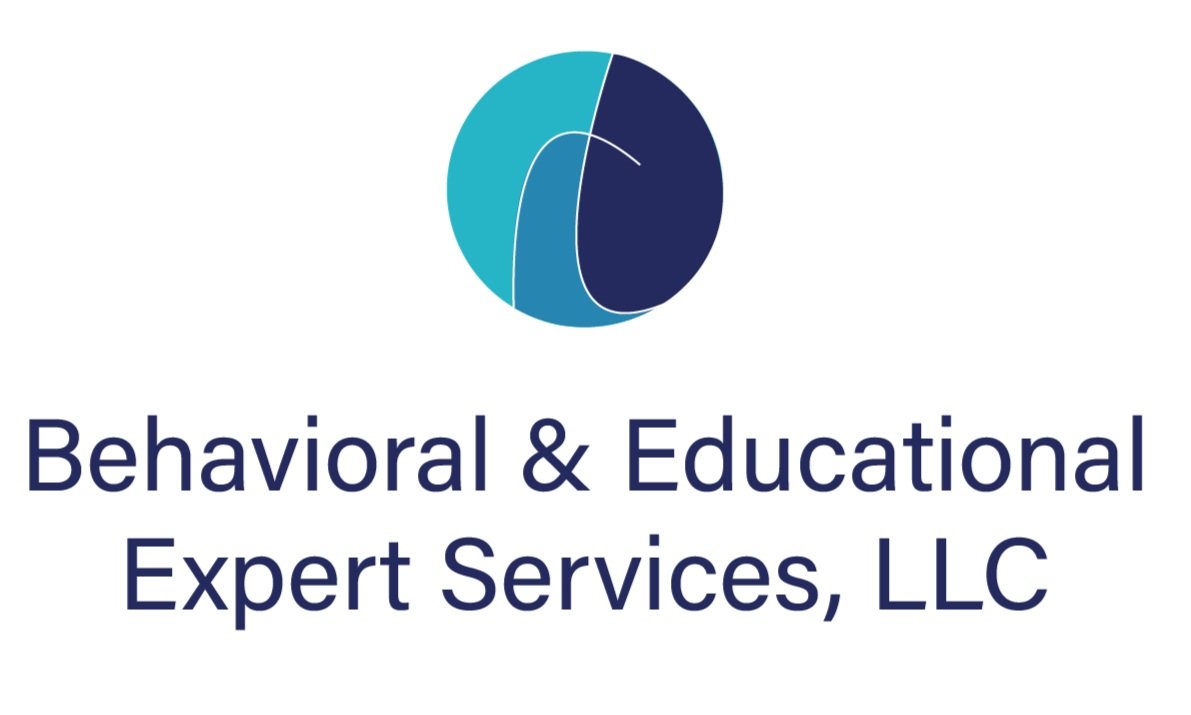Trainings & Presentations
Rachel Torrance, M.Ed., BCBA, COBA has been invited to and lead conferences sessions and trainings at the International, National, State, and Local levels over the past decade.
Services available include large group, small group or one-to-one trainings to parents and/or professionals via remote technology or in-person. These can be individualized based on your needs and formatted in a variety of ways from formal to informal and workshop-style trainings.
Types of Trainings & Presentations
Conference presentations
Agency/organization training (large agency or specific departments)
School-based trainings
Small group workshops
Panel and discussions
Make it and take it
Hands-on, behavior skills training
Practice Areas
Antecedent Interventions
Applied Behavior Analysis (ABA)
Assessments
Data and Objective Measures
Disabilities
Evidence-Based Practices
Positive Behavior Supports
School Law
Supervision and Training
Training Titles- Since March 2024
2024
Practical and effective tools for the BCBA in the school-based setting
2023
OPEN discussion on how to support siblings of children with special needs
Building your team: identifying roles and key potential players in your child’s Multidisciplinary team
2022
Antecedent interventions and other considerations for ABA in school-based settings
Supervision in action
Making the most of your supervision
Incorporating evidence-based strategies for students with autism
Practical strategies for meeting student needs
Disseminating work as practitioners of ABA and applying/presenting
Parenting tips for the 2022-2023 school year
2021
Let’s talk supervision 2
Tips to jumpstart your career
ABA 101,
How to survive puberty (this time as a parent
Why behaviors occur and what parents can do about them
The behavior analyst’s guide to conducting more effective record reviews
The do’s and don’ts of professional relationships
Dual relationships
An introduction to school-based services for the behavior analyst
2020
The supervisor survival guide: new BACB changes and an update of valuable resources for the supervisor
Promoting positive behaviors at home during COVID-19
How to tackle the test
A practical review of evidence-based practices in autism
Let’s Talk Supervision
Increasing learning outcomes and student engagement across remote and in-person settings
Parenting with success: the COVID edition
Better together: achieving goals and maximizing instruction across all learning platforms
2022 changes to the fieldwork standards for those pursuing BCBA certification
2019
Implementing functional analyses: a review of research and behavior skills training
Bring your own ethics
Key considerations for BCBA supervisors
ABA and Lowe syndrome: meeting individual needs with the science of human behavior
Siblings workshop
Implementing ABA and positive supports in the school setting
From tantrums to triumphs
Recent research in treatment of challenging behaviors
Developing a positive behavior support plan with ABA
How to get your preschooler to listen
2018
Analyze this: the importance of the antecedent analysis in FBAs
Ethics panel discussion
FBA, BIP and the formula for success
2017
Working with individuals with DD
Ethical scenarios: sharing your experience
Going against the grain: an update on the research and proposed solutions to achieve a more efficient and individualized approach to behavior analysis
IDEA and school law: The rules, regulations, recent changes and proposed opportunities for behavior analysis with special education
Bridging the gap: Using behavior analysis to enrich employment for individuals with autism and developmental disabilities
Super supervision: tips, tricks and barriers to providing effective BCBA Supervision
Get your ethics here! A facilitated discussion on real-world ethical scenarios
Boosting your morale: How to handle real-world ethical scenarios
The icing on the cake: adding visuals as part of your intervention package
What’s the big idea: Federal law, public schools and behavior analysis
The ABCs of learning, behavior, and reinforcement
Maximizing instruction to meet individual needs
Closing the gaps
Evidence-based practices: The long and the short of it
Real-world ethical scenarios
2016
What’s new: A review of the professional and ethical compliance code for behavior analysts
The keys to the castle: Practical and effective evidence-based methods for individuals with ASD
A non-linear ABA approach: IABA’s multi-element model for the assessment and intervention of severe behaviors
The top ten essentials: creating a quality program for campers with special needs
Get your ethics here! A facilitated discussion on real-world ethical scenarios
Taking ethics into account when developing a multicultural ABA treatment model
CCBDD’s role in your child’s team: How we help individuals live, learn, work and play
2015
The importance of choice: creating more opportunities for choices and teaching a life-long skill
Technological resources
Trials and tribulations of functional analysis: Integrating practical alternatives to alternatives to everyday practice
Visual supports to infinity and beyond: Integrating effective individualized visual supports across settings
Camp survival tools: setting up the environment for success
Sharing assessment tools and questionnaires
Challenging behaviors: setting up the environment for success
Ethics panel
Group panel discussion
Teaching listener responding with joint control
2014
Differentiated instruction: Maximizing student learning across the school setting
Visual supports and strategies to meet camper/student needs
Behavior and curriculum intervention specialist department
Understanding and addressing challenging behaviors
2012
Strategies to meet the needs of students with special needs
Best practices in the inclusion classroom
For an updated list of past training topics and other details click the button below to view an updated resume/curriculum vitae.

